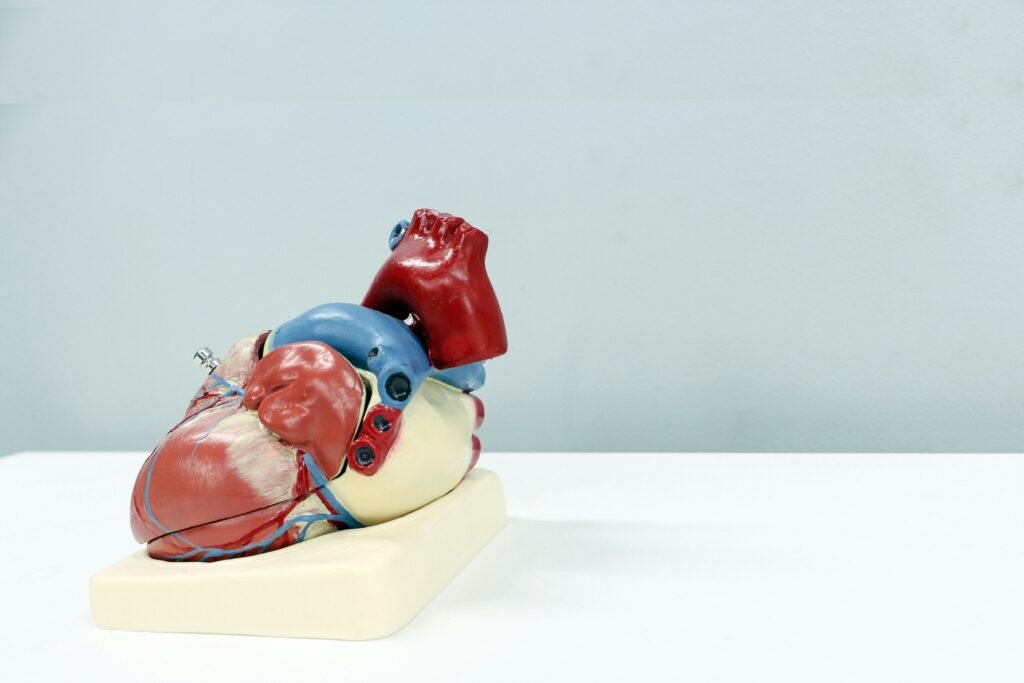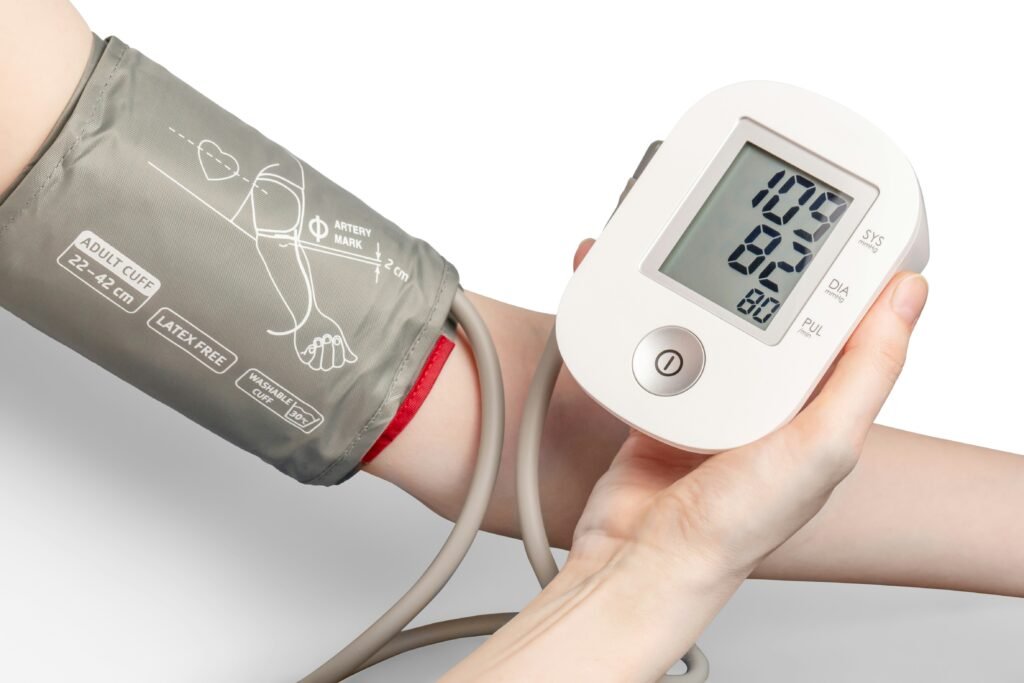
Junk food has become an integral part of modern society. It is readily available, affordable, and often incredibly tempting. However, despite its convenience and taste, consuming junk food comes with a slew of detrimental effects on our health. Eating junk food can have numerous harmful effects on your health. These highly processed, often high-calorie foods are typically loaded with unhealthy trans fats, excess sugar, and sodium. Consuming them regularly can lead to weight gain, obesity, and related health issues like heart disease, diabetes, and hypertension. Junk food lacks essential nutrients, leaving your body deprived of vitamins, minerals, and fibre, which can weaken your immune system and increase the risk of chronic illnesses. Additionally, the excessive consumption of junk food may have a negative impact on mental health, contributing to mood swings and decreased cognitive function.
Disadvantages and diseases associated with the high consumption of junk food:
Nutrient Deficiency

Junk foods are typically high in calories but low in essential nutrients. They are often laden with empty calories from sugar and unhealthy fats while lacking the vitamins, minerals, and fibre our bodies require. Consuming junk food regularly can lead to nutrient deficiencies, which can have long-term health consequences.
Weight Gain and Obesity

One of the most immediate and obvious disadvantages of consuming junk food is weight gain. High-calorie and high-fat foods contribute to excessive calorie intake, which, when not balanced with physical activity, results in obesity. The high sugar content in junk food can also lead to insulin resistance, making it more challenging to control weight.
Cardiovascular Issues

Many junk foods are high in trans fats and saturated fats, which can raise Low-density lipoprotein cholesterol levels and increase the risk of cardiovascular diseases. The excessive consumption of salt in processed foods can also contribute to high blood pressure, further increasing the risk of heart problems.
Type 2 Diabetes

Junk food, particularly those rich in sugary beverages and snacks, is linked to the development of type 2 diabetes. The constant influx of high sugar content overloads the body’s ability to regulate blood sugar levels, eventually leading to insulin resistance and diabetes.
Dental Problems

The high sugar content in many junk foods can also have a detrimental impact on dental health. Sugar feeds harmful bacteria in the mouth, leading to tooth decay and gum diseases. This is a well-known side effect of excessive consumption of sugary snacks and beverages.
Digestive Issues
Junk foods are often low in dietary fibre, which is crucial for a healthy digestive system. The lack of fibre can lead to constipation and other digestive problems. Additionally, many additives and preservatives in junk food can irritate the digestive tract.
Hypertension

High salt intake from processed and fast foods can lead to hypertension (high blood pressure). This condition is a significant risk factor for heart disease and stroke, making it crucial to limit salt consumption, especially from junk foods.
Coronary Heart Disease
The consumption of trans fats and saturated fats from fried and processed junk foods can contribute to the development of coronary heart disease. These unhealthy fats can clog arteries, reducing blood flow to the heart and increasing the risk of heart attacks.
Stroke
High-fat and high-sugar diets are associated with an increased risk of stroke. The damage they cause to blood vessels and the overall cardiovascular system can lead to the interruption of blood flow to the brain, resulting in strokes.
Cancer
Although not as widely discussed, there is emerging evidence linking the consumption of junk food to certain types of cancer. Diets high in sugar and unhealthy fats can promote the growth of cancer cells, making it an important risk factor for cancer.
Metabolic Syndrome
Metabolic syndrome is a cluster of conditions that increase the risk of heart disease, stroke, and type 2 diabetes. Junk food consumption, particularly sugar-rich and high-fat foods, is a key contributor to the development of metabolic syndrome.
Liver Disease
High consumption of fructose, often found in sugary beverages, can lead to non-alcoholic fatty liver disease (NAFLD). NAFLD can progress to more severe liver conditions, including cirrhosis and liver cancer.
Choosing a balanced diet over junk food
Choosing a balanced diet over junk food offers numerous advantages. A balanced diet provides essential nutrients, promoting overall health and well-being. It aids in weight management by controlling calorie intake and preventing obesity. This diet maintains steady energy levels throughout the day, unlike the energy spikes and crashes associated with junk food. Additionally, a balanced diet supports healthy digestion, strengthens the immune system, and lowers the risk of cardiovascular diseases and chronic conditions such as diabetes and hypertension. It enhances cognitive function, contributes to healthy skin and hair, and may even extend your lifespan. Furthermore, a balanced diet positively impacts mood and mental health, reducing the risk of mood disorders, and supports dental health by minimizing sugar intake. In summary, choosing a balanced diet is a step towards a healthier, more fulfilling life.
Conclusion
The harmful effects of junk food on our health are undeniable. From nutrient deficiencies and weight gain to a host of serious diseases, junk food poses a significant threat to our well-being. It’s imperative that we prioritize a balanced, nutritious diet over the convenience of junk food to safeguard our long-term health. Public awareness, education, and policy changes are essential steps in combating the detrimental consequences of junk food consumption. A society that values health over convenience will ultimately benefit from a reduced burden of diseases related to poor dietary choices.
For more educational content that nurtures curiosity and learning, I encourage you to visit Chrysalis High.
FAQ
What are the immediate harmful effects of consuming junk food?
Learn about the short-term consequences, such as energy spikes and crashes, associated with the consumption of junk food.
How does regular consumption of junk food contribute to long-term health issues?
Explore the connection between persistent intake of junk food and the development of chronic health conditions, including obesity, diabetes, and cardiovascular diseases.
Are there specific disadvantages of junk food that impact children differently?
Understand how the negative effects of junk food may have distinct implications for children’s growth, development, and overall well-being.
Can the harmful effects of junk food be reversed or mitigated with lifestyle changes?
Get insights into how adopting healthier dietary habits and lifestyle choices can help minimize or reverse the detrimental impact of junk food on one’s health.


